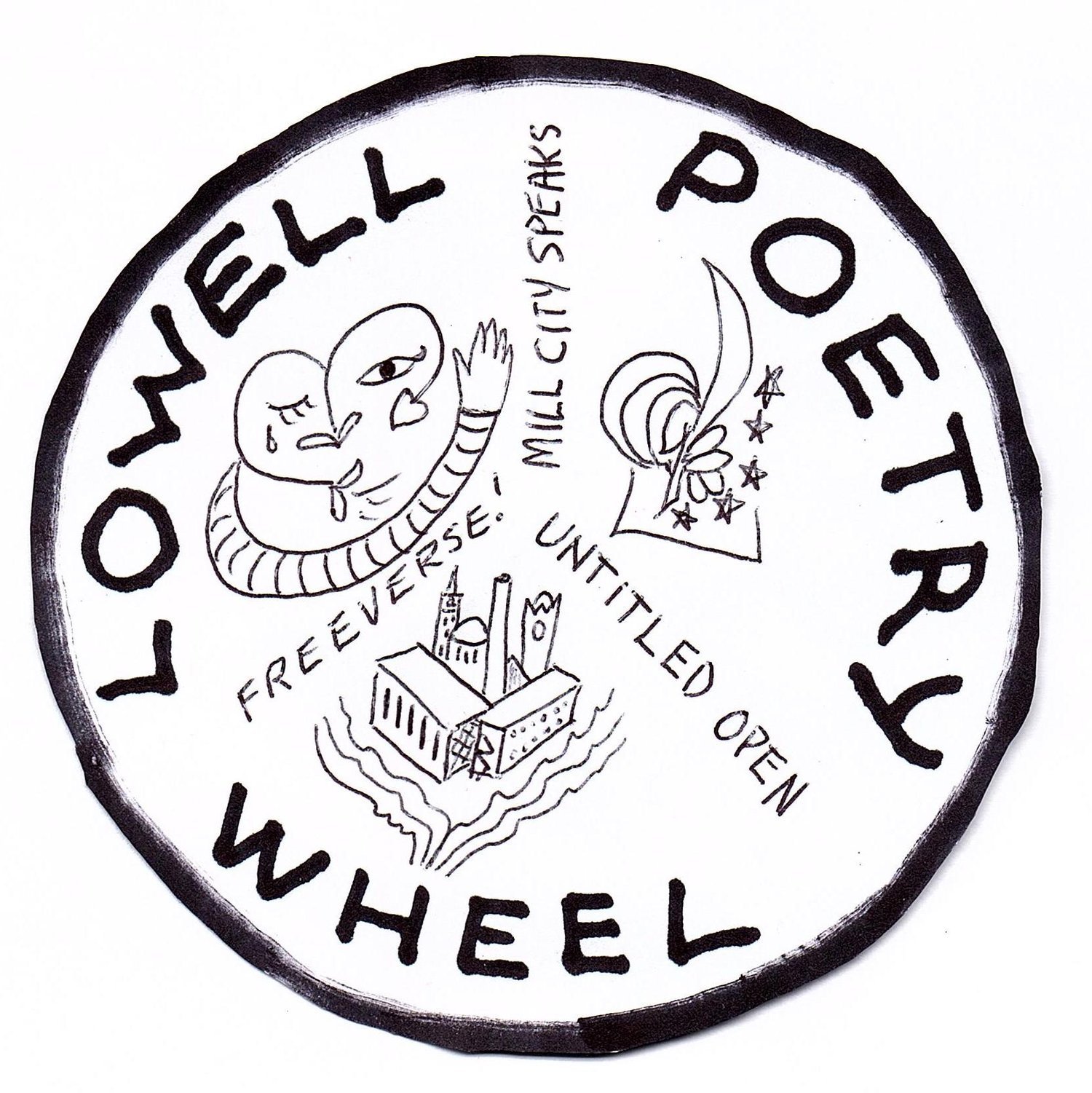July 2023 - Workshop Shit!
In the workshop series recently, we’ve been looking at “additional” senses, beyond the standard five of hearing, sight, touch, taste, and smell (for more on these senses, see the blog page, “May 2023 – Workshop Shit” and “June 2023 – Workshop Shit”), and this month took another stab at the sense of time: Chronoception.
Poets were also asked to work with their ability to develop images in the process of constructing a poem (for more on imagist poetry, see the blog page, “January 2023 – Workshop Shit”). Imagery, of course, is an important literary device where the writer uses vivid description, generally rooted in the five traditional senses, to create a sensual and/or emotional experience for the reader.
Participants were asked to begin with an image from the present – right now, whatever setting they were in (being online, we were all in quite different places (even different countries)) – taking the first thing that stuck in their attention. “First thought, best thought,” was the advice.
Then we recorded these images in a grid for everyone to see each others’ ideas. Then we were asked to create an image from the past, and to share those images, followed by an image from the future and to share those images. This gave us a grid of brainstormed images which may or may not be related.
Then poets did a freewrite, timed for fifteen minutes, encouraged to use as many or as few of these images as they felt drawn to. It was possible to use only the three images each poet originally created, or focus on someone else’s images, or mix and match. As always with freewriting, the emphasis was on generative, unedited
Word-Bank from the Workshop
The Rules:
Think about your present state. Where are you? What time is it? What’s happening around you? Try to pick one image (be it visual, audio, olfactory, or whatever) from everything you are currently experiencing and write it down.
Now do the same with a moment from your past. Pick an image that sticks out from memory.
What might happen next? Imagine an image of a future moment and write that down.
You can use a graphic like the one above to help brainstorm and organize your thoughts.
Spend 15 minutes freewriting. If you have multiple images from each of the three categories, you can draw from as many or as few of them as you like. There is no need to follow any prescribed structure, and the poem may be as expansive or concise as you feel it needs to be.
If you are proud of your response and want to share it, feel free to drop it into the comments section below.
Andrew’s Response:
There were cold nights … so cold, the waves that land
Along the snowy beach would freeze before
They crashed against the pale, untroubled sand …
And motionless they’d murmur off the shore.
There were hot afternoons beneath a sky
Muddled by a cloudless, scornful sun …
The AC whirring when the wind was gone …
And sweaty no-ones hustling to die.
And there was smog, which cloaked the towers high,
And chocked the sleepless, blanketing all sight
With murky dreams. And later … one warm night,
The frozen sentinels thawed and flooded by.
Slowly the world stands burning … soon mad stars
May laugh at quiet ruins from afar.
Douglas’ Response:
PAST PRESENT FUTURE
I am not in my great grandfather’s house anymore.
The old boards in the ceiling with their water stains,
The sepia-colored photographs of dead cousins I never knew,
The scrap books with dried flowers between the pages…
I know these keepsakes; I have not abandoned them.
But I am now in a different place:
Eyes closed, I am reaching through my history, cataloging the most salient sensations,
Letting go of the impulse to label and assess all the little tastes that have brought me here,
Breathing in through my ears the echoing, sustained tone of a heavy bell,
And watching my light coalesce in the darkness.
I can feel, better than I see, this bright red ball pulsating and morphing;
It changes color from orange to turquoise slowly, like puffy clouds in a sunset sky;
I am releasing my historical identity like a balloon rising untethered into the blue;
I am my own future rising.
In the infinite future, I need to come back again to this exact point because in infinite variations the cells of my body need to come back together in exactly this configuration again and again, of necessity, across infinite possibilities, like that single one of the thousands of monkeys typing on typewriters that inevitably begins to type Shakespeare, because infinite by definition means unendingly many, more than any number we could conceive of or quantify, more than the most unfathomable number of raindrops falling on the wooden roof in an all-night deluge, picking up again in the morning with thunder and lightning thru-out the next day and the next…

